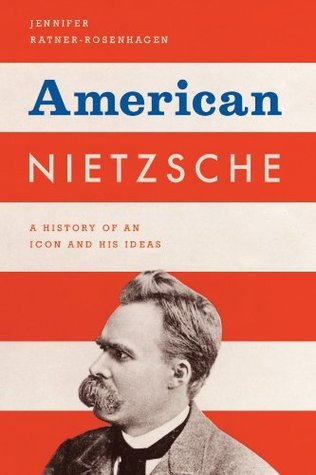Because he believed that there existed no timeless, universal methods for validating meaning, he ruled out all metaphysical and transcendental foundations for religious beliefs. However, he didn’t rule out believing itself. Nietzsche had stressed that valuations are still possible. But rather than grounding the study of religion in universal claims, the value of its beliefs was demonstrated by their human uses, not their purported divine origins. Instead of asking if a belief is true, Nietzsche asked what benefits come to those who held such beliefs.
Welcome back. Just a moment while we sign you in to your Goodreads account.


